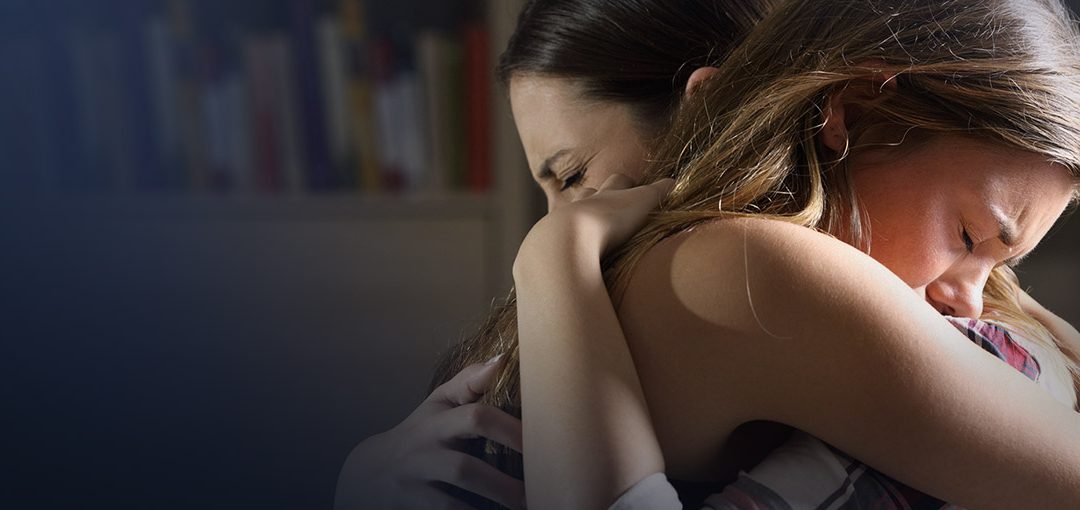
Teens who are in relationships who suddenly appear depressed could be dealing with abuse. Credit: stockimages via freedigitalphotos.net
Part I of this series of posts was on teens who deal with emotionally abusive boyfriends or girlfriends.
Physical abuse does occur in adolescent dating relationships. I wish this weren’t true, but unfortunately it happens.
It often begins with your teenager becoming isolated from his or her friends. While your adolescent used to be very social, now they spend all their time with their boyfriend or girlfriend. Then you might notice your teen seems upset and withdrawn often. They’ve lost that energy and spark they used to have. You start to wonder what is going on.
Your teen might have had a very great relationship at first. Or, at least it seemed that way to them. Relationships that end up abusive are often very intense at first. There is a lot of flattery, and things move fast. Their boyfriend or girlfriend starts talking about going to the same college, and maybe even getting married at some point. The relationship seems really serious considering their age.
Then the arguments start. One person has trouble controlling their emotions, and so reverts to yelling and cursing. Your daughter might be called things that would make you want to grab your shotgun. Your son might be called names that would make you completely livid. Eventually the fights escalate to the point where one partner lays hands on the other. It probably isn’t anything too violent the first time. Maybe a slight push, a tight squeeze of an arm, or a slap. Then there is shock, followed by profuse apology. For even up to a week or two the abuser is on best behavior. The abuser calls, texts, compliments, buys gifts, and has promised to change. Your teenager believes they are reformed.
Then the abuser starts to be edgy again. They blame it on school stress, difficulties with parents, or anything else that seems like a valid excuse for their inability to respond appropriately to situations. Meanwhile your adolescent is tentative. Your child walks on eggshells and just tries to keep their boy or girlfriend happy. They think the wavering moods are partially their own fault. This builds until there is another explosion. Then the apologies and honeymoon stage begin. And so the cycle perpetuates.
With the clients I’ve worked with who have been in physically abusive relationships, they say the emotional abuse is almost just as hurtful. They say the two are always paired. These are usually adolescents who are otherwise happy and engaged in their lives. They are typically not the kids you’d ever think would end up in such a relationship. They also don’t tend to be initially forthcoming about the abuse because of shame, and to protect the abuser. They often request counseling because they feel “depressed and anxious.”
If you’ve noticed a pretty dramatic change in your adolescent’s happiness and they are in a dating relationship, it’s worth a discussion. Physical abuse is one possibility of many. However, it’s important to ask. Your child very likely does need to see a therapist if they have been in a physically abusive relationship. There is probably a lot of residual emotional pain. There is also always the concern of the relationship resuming.
The third type of abuse I want to make sure I address is sexual abuse. I will tackle this topic in the next blog post.
Helping teens grow and families improve connection,
Lauren Goodman, MS, MFT



